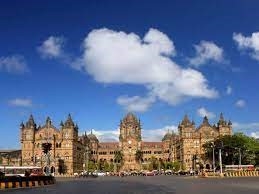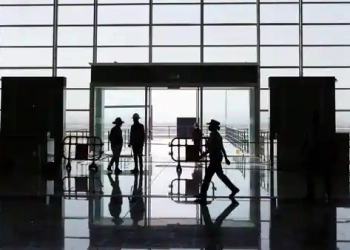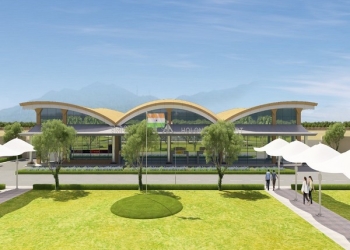The Brihanmumbai Municipal Corporation, or BMC, has requested that inhabitants of the city refrain from congregating for Christmas and New Year’s Eve festivities while Omicron establishes a footprint in the country. Iqbal Singh Chahal, Commissioner of the Bangalore Municipal Corporation, has encouraged citizens to avoid gatherings and parties during the impending Christmas and New Year celebrations. The Commissioner has also stated that anyone who violates these regulations will be subjected to more severe punishment. Around the world, the new COVID 19 form is causing consternation, and governments are beginning to exercise caution. So far, 54 cases of the Omicron type have been documented in Maharashtra, with 22 of those cases being reported in Mumbai. Since the spread of the Omicron virus, many governments throughout the world have already placed themselves under lockdown once more. Chahal stated that guidelines are not being followed in the majority of cases, despite the fact that the government has appealed to the people to follow regulations in order to avoid the third wave of COVID 19. In particular, this is true for weddings and other gatherings where it is vital to keep the throng under control.
Omicron travel update: India revises its guidelines for international travellers
According to Chahal, “It is important to avoid crowded areas, use masks, and follow the Covid-19 rules. All citizens are also required to receive a full course of vaccinations.”He went on to say that when people go to restaurants, malls, cinemas, hotels, and other establishments, they should adhere to all COVID-19 protocols. BMC’s ward-level teams have been deployed in various locations, and anyone found in violation of the guidelines will be prosecuted. The British Medical Council (BMC) issued advice on November 27 in order to slow the spread of the infection. According to reports, those who violate the Indian Penal Code, as well as the Epidemic Diseases Act and the National Disaster Management Act, will face legal consequences. According to the Maharashtra government’s guidelines, only fifty percent of the total capacity is permitted indoors, and only twenty-five percent of the total capacity is permitted in open spaces.
























